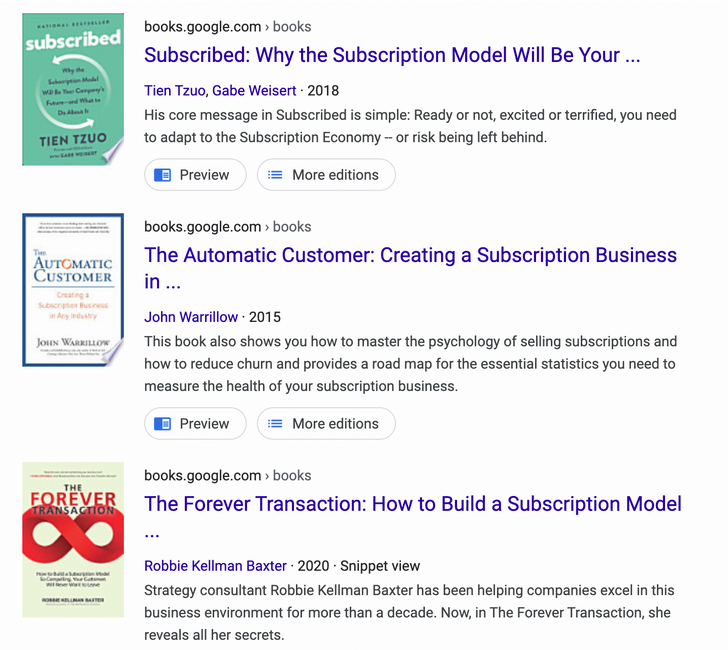In the most recent SHuSH newsletter from Kenneth Whyte, the US Department of Justice case against allowing the proposed merger of Penguin Random House and Simon & Schuster is examined in some detail:

On Tuesday, the US Justice Department (DOJ) filed suit to block Penguin Random House from purchasing its rival, Simon & Schuster, for $2.18 billion. It promises to be a fascinating case, in part because there’s so much at stake for the two firms involved, and also because of the unusual angle from which the DOJ is attacking the file.
As one of two US agencies responsible for enforcing antitrust law (the other is the Federal Trade Commission), the DOJ believes the proposed deal, struck last year, would leave Penguin Random House, already the world’s largest publisher of consumer books, “towering over its rivals”. The combined entity would have revenues more than twice its next closest competitor, and “outsized influence over who and what is published, and how much authors are paid for their work”.
Bertelsmann, owner of Penguin Random House, and Viacom, owner of Simon & Schuster, promise to fight the DOJ in court. They acknowledge that the Big Five Publishers, a grouping that also includes Hachette, HarperCollins, and Macmillan, will be a Big Four after the merger, but maintain that these firms plus new publishing entrants, such as Amazon, and an abundance of small and midsize publishers will provide sufficient competition for authors and books. “The publishing industry is, and following this transaction will remain, a vibrant and highly competitive environment,” they said in a joint statement.
So far, so ordinary corporate behaviour. Who or what do we need to protect, beyond hoping to maintain something vaguely resembling a competitive marketplace for books? A tiny sub-set of authors:
With this suit, the DOJ is taking a narrower approach. One test of whether a merger results in illegal market dominance is spelled out in the Horizontal Merger Guidelines jointly issued by the DOJ and the FTC: it asks if the combined firm would be in a position to increase its profits by imposing a price cut — a small but significant and lasting price cut — on one of its suppliers. In other words, if the new and enlarged Penguin Random House is better able than the old Penguin Random House to squeeze one supplier on one product line, the merger is illegal.
To apply this test to the deal, the DOJ needs to identify which supplier and which product line is vulnerable if the firms are allowed to merge. It has a range of options. Book publishing is a complicated marketplace, with many suppliers and product lines. Publishers sell books to retailers, and market books to consumers; they buy distribution services, printing, advertising, editorial services, and so on. The DOJ might have argued that a merged Penguin Random House-Simon & Schuster would have the muscle to make its printers or copyeditors reduce their rates. Or that it could force retailers to accept smaller cuts of sales revenue.
Instead, the DOJ put its chips on the discreet line of business in which authors supply manuscripts to publishing houses. Its complaint says that the combined firm would have the power to improve its profits by significantly and permanently lowering the advances it pays to authors for the rights to publish their books.
Advances, notes the DOJ, provide the bulk of author income at the Big Five publishing houses (few authors earn out their advances and collect further royalties). Were Penguin Random House and Simon & Schuster to combine, there would be nothing to deter it “from imposing a small, but significant, and non-transitory decrease in advances”. And if it did so, the complaint maintains, authors would have nowhere to turn. The DOJ ignores the existence of the other three members of the Big Five. It admits that the US has 3,000 small and mid-size houses but, these, according to the complaint, are economically irrelevant, mere “farm teams” for the big houses. Self-publishing, it adds, is not a serious alternative.
That may sound like the DOJ is suing to stop this merger on behalf of the writing community, a heartwarming notion, but it’s not. The lawsuit is primarily concerned with a small subset of writers: those who produce “anticipated top-selling books”. According to the complaint, there exists a small but definable market for “anticipated top-selling books”. It represents a distinct line of commerce, as required under the Clayton Act, and that is the real focus of the complaint.
The DOJ is going to war for sellers of “anticipated top-selling books”, the .001% of the publishing world.
Its lawyers foresee a time when Penguin Random House-Simon & Schuster will target John Grisham and his ilk with lower advances, and John Grisham will have no choice but to accept. So far as the DOJ is concerned, that is how this merger fails the Horizontal Merger Guidelines, and why it is illegal. The phrase “anticipated top-selling books” appears 29 times in a 26-page document.












